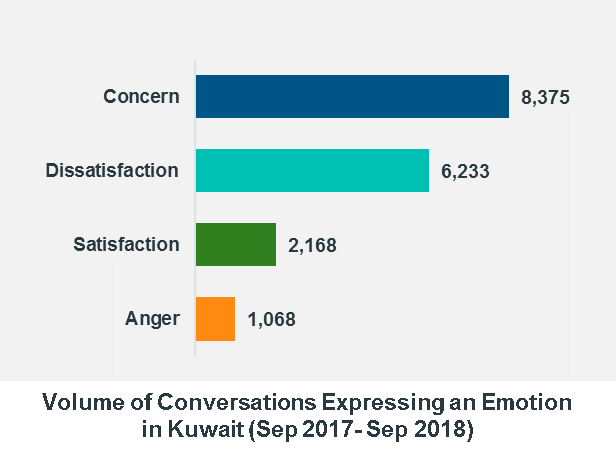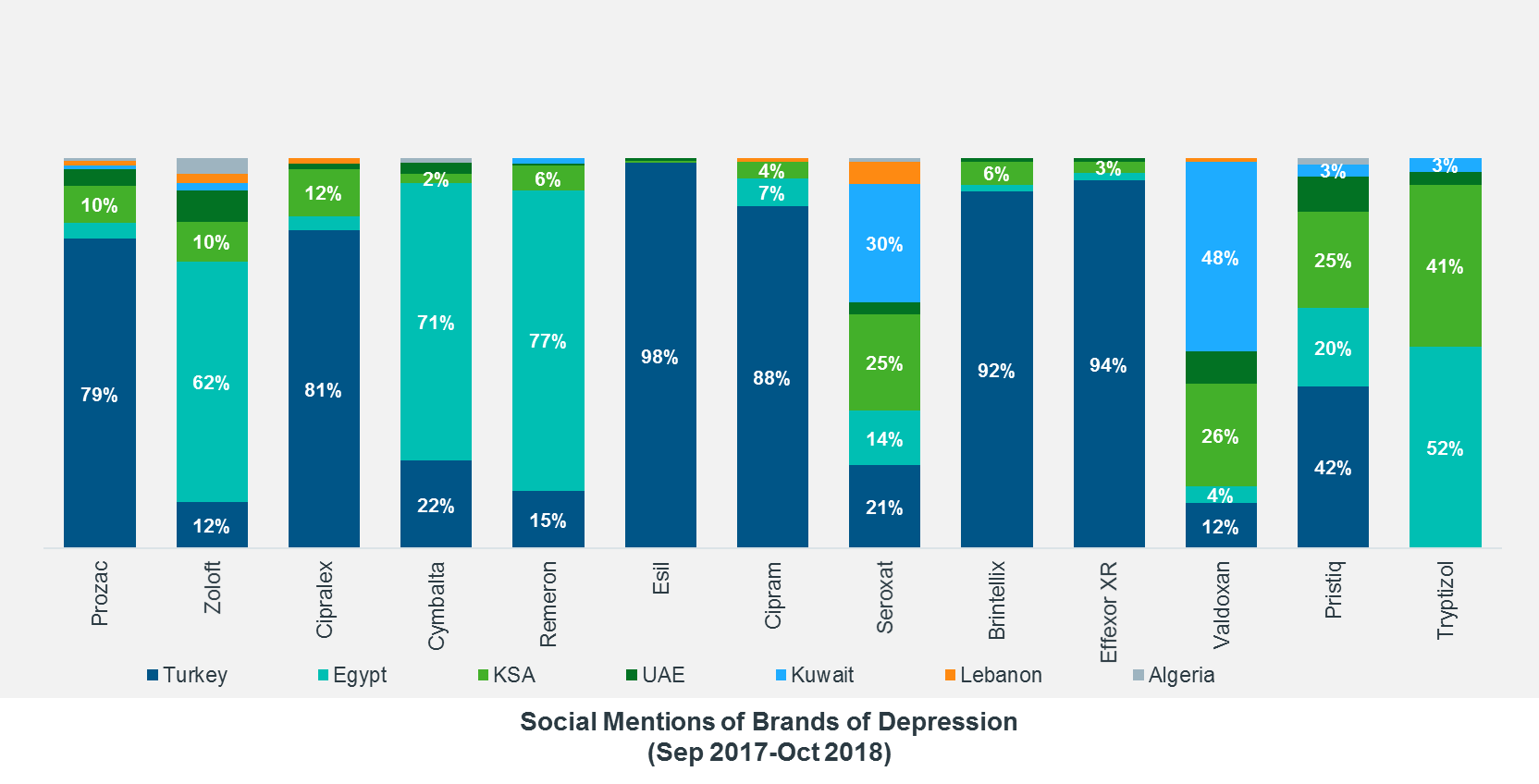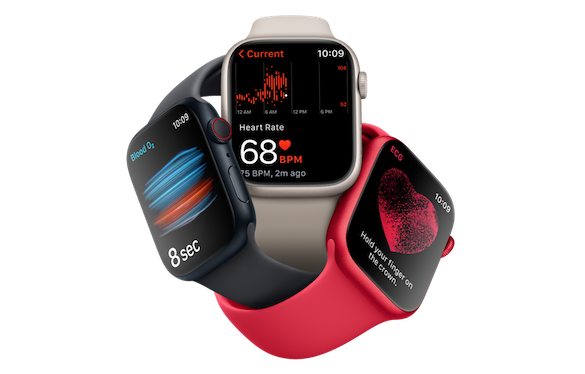The Middle East and North Africa region is said to have some of the highest rates of depression in the world. Tackling the stigma associated with mental illnesses is a major challenge for healthcare providers.
With the help of advanced social media listening capabilities, IQVIA’s Middle East and Africa team researched depression to gain better understanding of their suffering and treatments. We followed depression-related discussions and social media posts in seven countries: Turkey, Egypt, Saudi Arabia, UAE, Kuwait, Lebanon, and Algeria. We listened to patients’ emotions, their expressed reactions to medications, and identified the platforms where they discussed their issues.

Based on our study, we have also delved into possible action points for organizations to reach out to patients, platforms where patients are more likely to hear them, and the unmet needs that providers can work on to benefit the quality of lives of patients with depression.
Platforms and Language
With much of the conversation and discussions taking place on Twitter throughout the region, pharmaceutical companies and other industry stakeholders can benefit greatly from listening to and engaging patients on the social media platform.
Companies can also exploit the wide use and reach of blogs and forums in the region. Blog articles and forum discussions that raise awareness and answer patient questions can increase a pharmaceutical company’s reach and recognition among patients.
In terms of language, English was the most widely used language throughout the region, with the exception of Turkey.
Platform and Language Breakdown
In Turkey, tweets accounted for 65% of the conversation, with blog posts and news articles in second and third place respectively. Tweets and articles increased in December and April, during depression awareness campaigns. The language most widely used in the conversations in Turkey was Turkish, with English comprising nearly a third, and Arabic taking up 1% of the conversation.
In Egypt, Twitter accounted for over 80% of the conversation. Blog posts accounted for a tenth. Egyptians also resorted to forums to share their experiences and knowledge. English was used in about three-fourths of the posts and discussions and Arabic took up the remaining fourth.
A similar pattern of usage appears in Saudi Arabia, where 73% of the conversation took place on Twitter and a quarter took place on blogs. English was more widely used in the conversations, taking up 60% of the posts. The rest of the discussions occurred in Arabic.
Twitter also remained the largest platform for depression-related discussions in the UAE. Blogs accounted for approximately a fifth, and news articles took up 9% of the conversation. Nearly all of the discussions took place in English, with Arabic accounting for only 5% of the posts.
The pattern continues in Kuwait, Lebanon, and Algeria, where the vast majority of the conversation took place on Twitter and blogs. In Algeria and Lebanon, however, 4% of the conversation also took place on Instagram. English accounted for over two-thirds of the conversations in each of those countries. In Algeria, French accounted for nearly a fourth.
Emotions
To understand patients’ emotions, we looked for expressions of concern, dissatisfaction, satisfaction, and anger in patients’ posts and communications online. Concern and dissatisfaction were the most prevalent emotions expressed among patients online. Healthcare industry stakeholders can utilize this information to better address the problems patients face and help improve their quality of life.
Emotions Breakdown
In Turkey, 29% of the conversations on depression expressed some form of emotion, and the emotion most prevalently expressed was concern. Of the four emotions we tracked, anger was the least commonly expressed emotion Turkish patients used when discussing depression. The driving factor patients mentioned was quality of life.
In Egypt, patients suffering from depression expressed emotions of concern and dissatisfaction, with words including ‘sadness,’ ‘panic attacks,’ ‘numbness,’ and ‘weak’ used in those discussions. Topics included the impact depression had on their quality of life and emotional stability.
People in Saudi Arabia rarely expressed their depression-related emotions, with those posts and discussions accounting for less than 1% of the conversations that were monitored. Much of the conversations revolved around the symptoms associated with depression, and the effect it had on concentration, appetite, and energy.
Patients suffering from depression in the UAE expressed feelings of concern and dissatisfaction in their social media posts and discussions. The fear of prognosis and the impact of depression on the well-being of both the patients and the caregivers were also mentioned.

Over 70% of depression-related conversations in Kuwait involved expressions of emotions, with concern and dissatisfaction being the top two emotions expressed in those discussions.
In Lebanon, discussions focused on the need for increased awareness of drug and treatment options for depression. When emotions were expressed, concern and dissatisfaction were also the most prevalent emotions expressed in online posts and conversations.
In Algeria, 62% of the online conversations expressed emotions, with dissatisfaction and concern being the most expressed among them. Severe symptoms and low quality of life were noted as being linked to those negative emotional states.
Social Listening and Drugs
In addition to the platforms and languages used and the emotions expressed, we also focused on the drugs patients talked about. We listened to patients discuss the drugs they used, their side effects, effectiveness, and whether and when patients stopped using them. For pharmaceutical companies and pharmacies, this information helps them understand patients’ reactions to the drugs better and identify how effective the drugs really are in improving patients’ quality of life and alleviating the effects of depression.

IQVIA’s social listening capabilities enable stakeholders and pharmaceutical companies to better understand patients, their reactions and attitudes toward anti-depressants, and how to best reach them and communicate with them. This allows pharmaceutical companies and pharmacies to serve patients and provide them with the most suitable treatment options to improve their quality of life. For more information on this study, or support on similar studies, please reach out to us.
Key Findings
- Topics discussed included: drug availability, cost issues, effectiveness, side effects and quality of life.
- Forums and Twitter can be leveraged by clients to start the brand’s digital outreach programs.
- Clients can benefit from the widespread use of Twitter in depression-related conversations to enhance the patient-centricity of their initiatives.
- English was the most prevalent language across most countries except Turkey, where Turkish was the dominant language for communication.
- Countries like KSA, Kuwait and UAE have a large usage of Arabic in online conversations, with ~25% of conversations taking place in Arabic.
- We identified disease management and the need to raise awareness about symptoms of depression as unmet needs.
- Turkey had the most mentions of depression on social media, followed by Egypt and Saudi Arabia.
- KOLs can be engaged with to meet these unmet needs. This could be done by organizing live tweet chats on Twitter with the KOLs and initiatives with depression-related hashtags to raise awareness.

























